Today, we’re introducing readers to the concept of climate resilience in marine fisheries through a new, three-part video series called “Fishing for Resilience.” As Environmental Defense Fund’s Senior Director for Resilient Fisheries, I played a central role in the creation of this short series — even “starring” in the videos as narrator.
Producing and narrating these videos was a bit of a personal journey for me, and not just because I had to listen to my own voice. It’s because I tried to bring this concept home, and found myself asking what climate change means to friends and family that ply the seas, what it means for my community, and what it means for the wildlife and ecosystems that I hold dear. That got me right into thinking about how to help the people, wildlife and broader ocean ecosystems that I care about in practical ways.










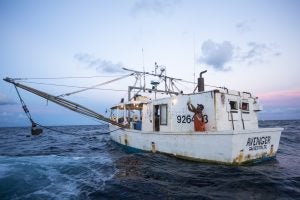
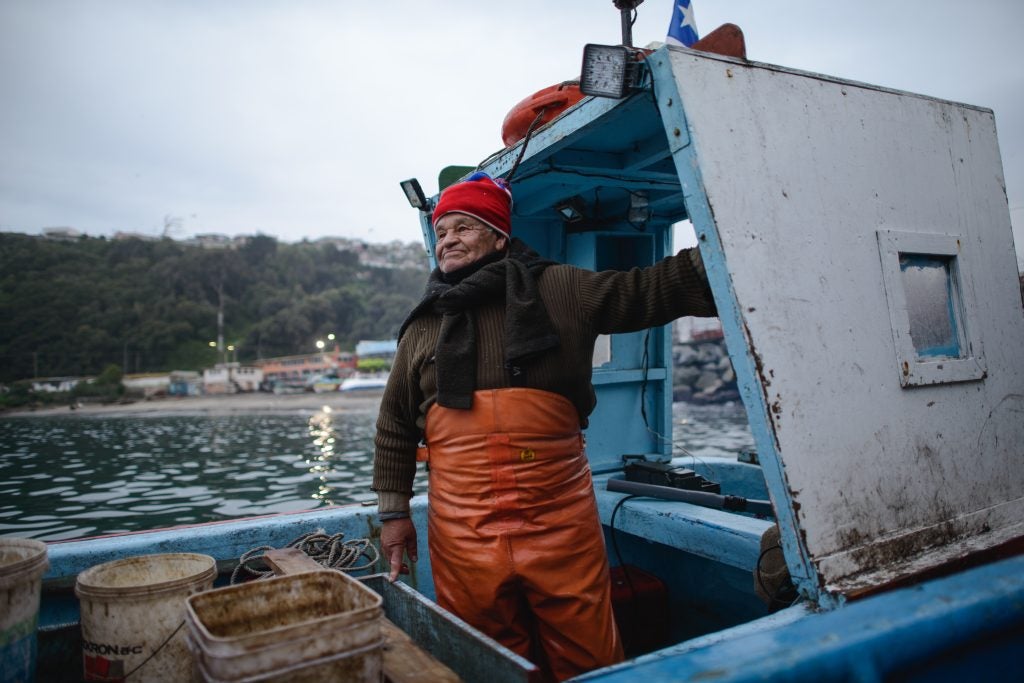
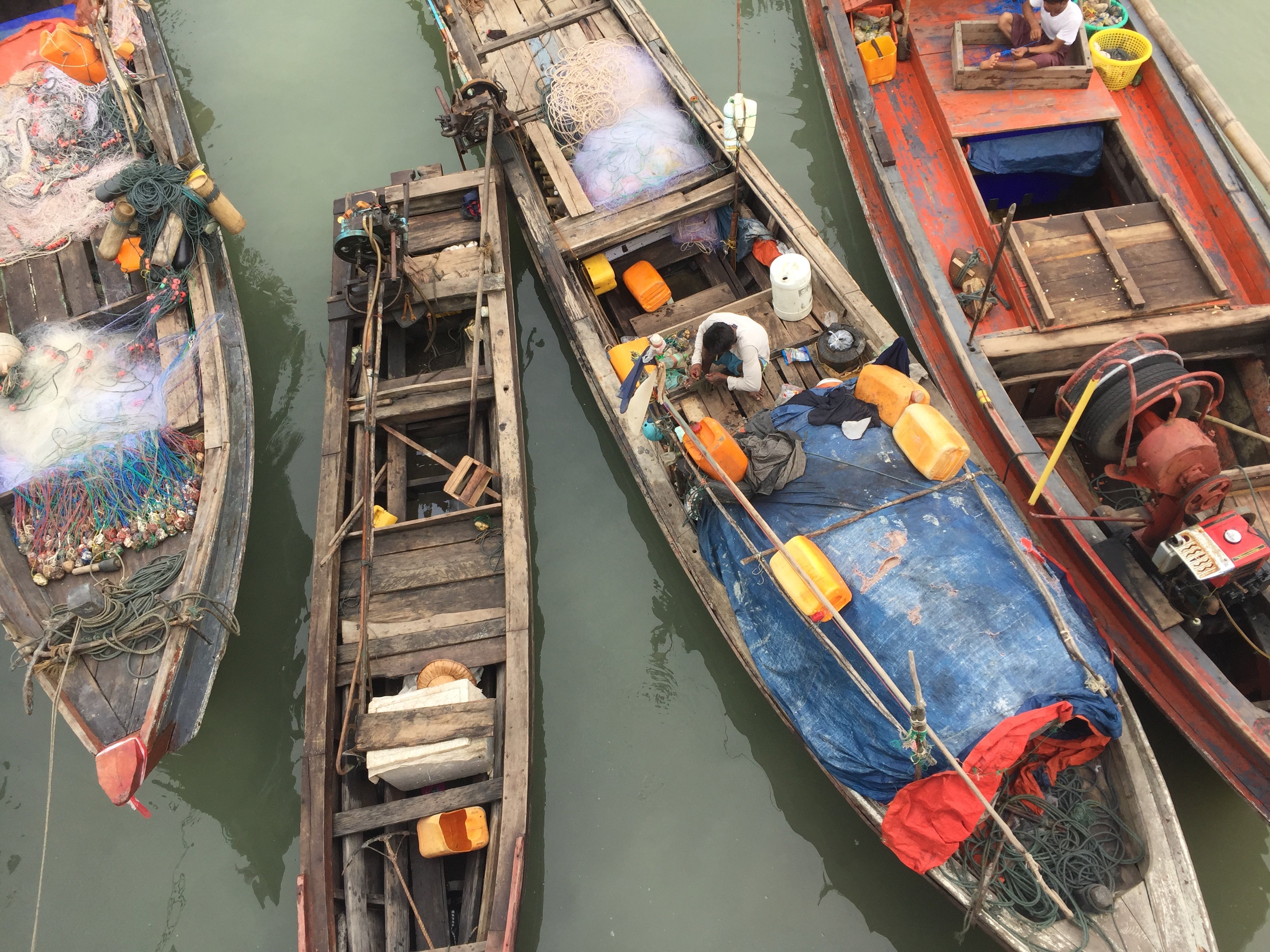 Editor’s note: This is the last in a multi-part blog series, Fisheries for the Future, examining the impacts from climate change on global fisheries and the opportunities to address these emerging challenges. Throughout the series, we have investigated how climate change will impact the world’s supply and distribution of fish and what we can do to ensure the most sustainable future for ourselves and our planet. Learn more about this work:
Editor’s note: This is the last in a multi-part blog series, Fisheries for the Future, examining the impacts from climate change on global fisheries and the opportunities to address these emerging challenges. Throughout the series, we have investigated how climate change will impact the world’s supply and distribution of fish and what we can do to ensure the most sustainable future for ourselves and our planet. Learn more about this work: 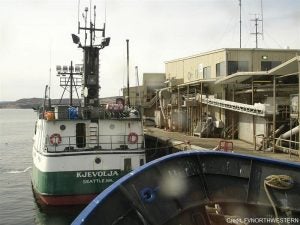
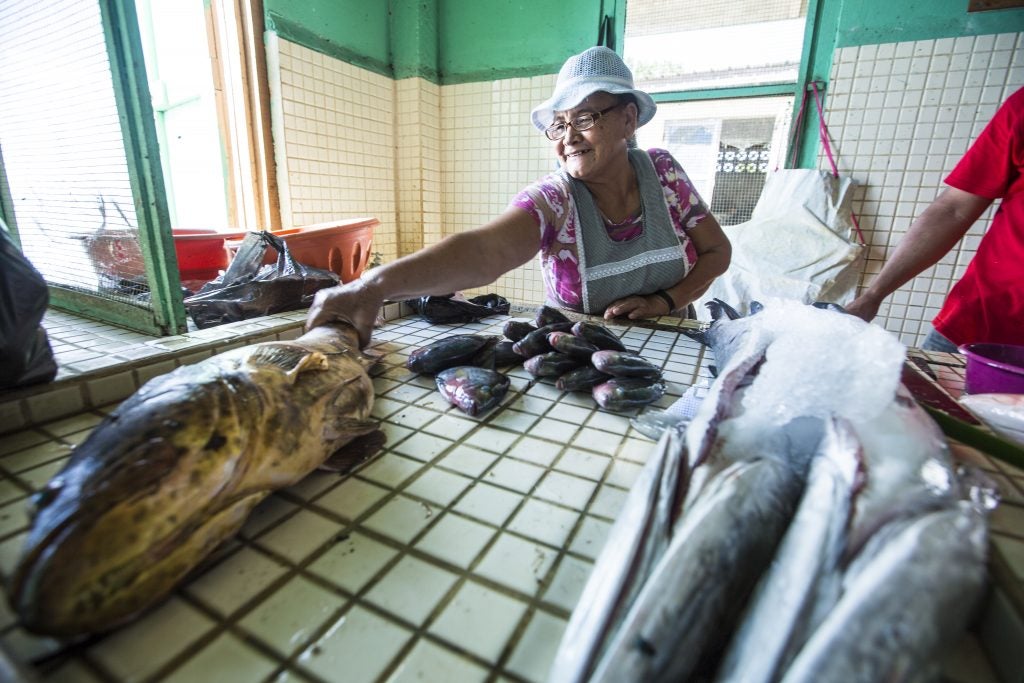 Editor’s note: This is the first in a multi-part blog series, Fisheries for the Future, examining the impacts from climate change on global fisheries and the opportunities to address these emerging challenges. Throughout the series, we’ll be investigating how climate change will impact the world’s supply and distribution of fish and what we can do to ensure the most sustainable future for ourselves and our planet. Learn more about this work:
Editor’s note: This is the first in a multi-part blog series, Fisheries for the Future, examining the impacts from climate change on global fisheries and the opportunities to address these emerging challenges. Throughout the series, we’ll be investigating how climate change will impact the world’s supply and distribution of fish and what we can do to ensure the most sustainable future for ourselves and our planet. Learn more about this work: 